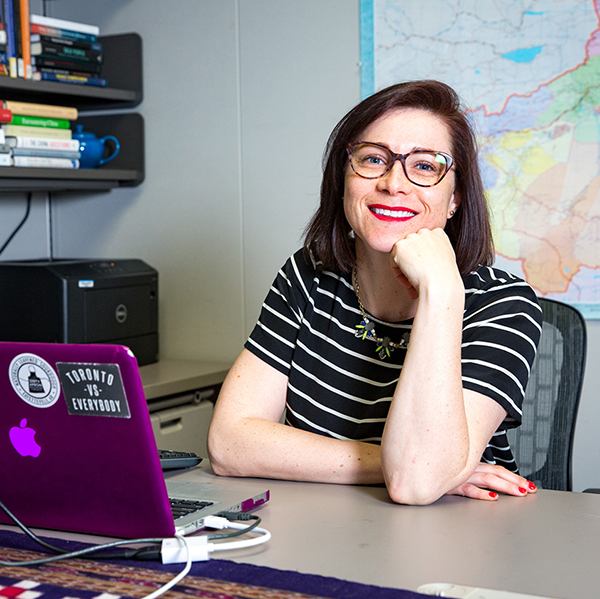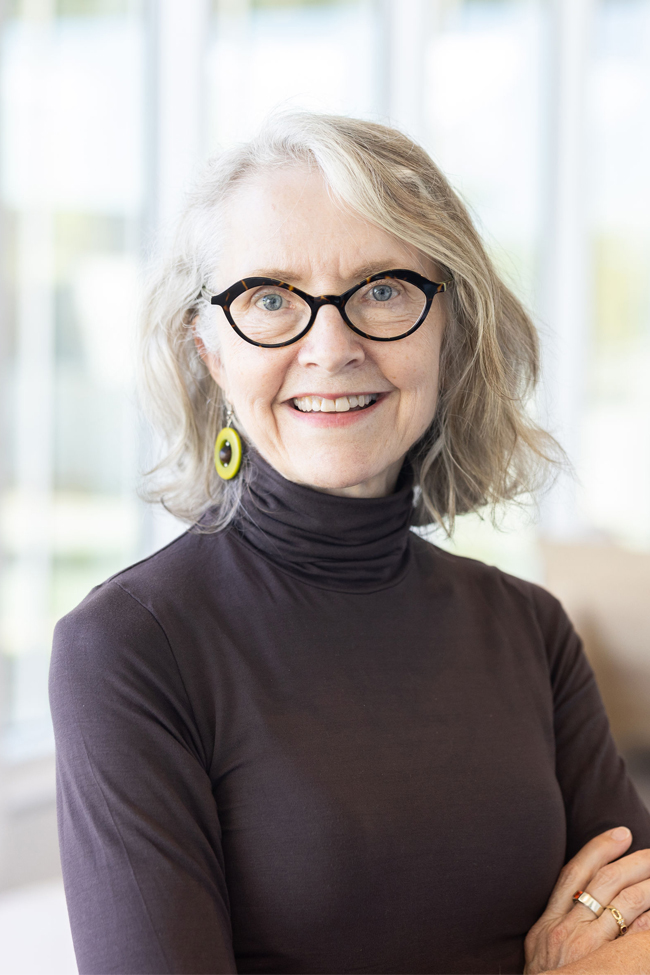Honors Passport: Japan
May 11 – 27, 2024
Applications are now open to all honors students from every college. The deadline to apply is February 1, 2024. Early applications are strongly advised.
Study Abroad grants are now available for Spring 2024. Applications are due on a rolling basis October 1, November 1 and December 1, 2023. Students will be notified of decisions within 2 to 3 weeks of applying.
More details about the application components, tips for a competitive application
and information on program eligibility can be found on the Honors College website.
Join us on a captivating journey from Kyoto, Japan’s ancient capital, to Tokyo, its
present-day capital and the world’s most populous metropolis. Japan’s contemporary
identity as global powerhouse of entrepreneurship, design and cultural influence is
apparent in the buildings, gardens, anime studios, factories, and people throughout
this island nation. As we make our way from Nara and Kyoto to Hiroshima and Tokyo,
we will experience the captivating tensions between traditions and modernities embodied
in the spaces, architecture, and arts of a country that rose from the devastations
of World War II to an elevated position on the world stage.
Our expedition begins in the Kansai region, cradle of Japanese tradition, with the exploration of medieval Buddhist temples, exquisite villas, and esoteric gardens—all sites harnessed to form the foundation of Japanese national identity in the twentieth century. In historic Kyoto, we will encounter the ways in which Westernization and modernization contest the Japanese past. Hiroshima is the next heart-stopping city, an urban witness to both the devastation of atomic warfare and the cultural regeneration that has succeeded it. On the way to Tokyo, we will stop at Itsukushima, one of the most famous Shinto Shrines, Himeiji Castle, and Naoshima, the world-renowned island that has been transformed into a living gallery of contemporary art. Our course concludes in Tokyo, whose museums, skyscrapers, temples, and urban fabric have emerged as ground-zero in the Japanese Cultural Bureau’s reframing of the country as a cultural super power in the age of late capitalism. Exploring these juxtapositions between past and present will provide a deeper understanding of the place of Japan in the current geopolitical ordering in the Pacific.
The best way to experience the humanities is in context – when you breathe the air, see the sights, and walk the paths of those you are studying.
-- Brock DeMark, 2017 participant in Honors Passport: Peru
What's in it for you:
- Develop an understanding of the complexities of daily life in Japan
- Experience Kyoto, Nara, Hiroshima, Naoshima Art Island, and Tokyo through an exploration of architectural sites, historical sites, and museums
- Stay overnight at a Buddhist temple
- Refine your research and communication skills as you prepare for a site presentation
What's expected of you:
- Travel from May 11-27 (Spring 2024 intersession)
- Pre-trip preparation for 10-15 minute presentation during the trip
- Post-trip reflection paper
- Attend a pre-trip and post-trip debriefing
- Active engagement in all lectures, discussions, and site visits
Course Credit:
Honors Passport: Japan counts as three hours of honors credit in ONE of the following courses:
- Architecture: FJAD 4023H
- Art History: ARHS 3923H & ARHS 4983H
- Asian Studies: AIST 4003H
- History: HIST 3633H & HIST 3923H
- Humanities Colloquia: HUMN 3923H
About your professors:
 Kelly Hammond is an assistant professor of East Asian history in the Department of History at the
University of Arkansas, Fayetteville. She received her Ph.D. from Georgetown University
in 2015. Hammond specializes in modern Chinese and Japanese history, and her work
focuses on Islam and politics in twentieth-century East Asia. Her first book, China’s Muslims and Japan’s Empire: Centering Islam in World War II, is forthcoming (UNC Press, fall 2020). Her work has been supported by the Henry Luce
Foundation/ACLS China Studies postdoctoral fellowship, the Center for Chinese Studies
in Taiwan, and the Kluge Center at the Library of Congress. Hammond serves on the
editorial board of Twentieth-Century China. She is also a fellow in cohort VI of the
Public Intellectual Program sponsored by the National Committee on U.S.-China Relations.
Her next project is tentatively titled Islam and Politics in the East Asian Cold War.
Kelly Hammond is an assistant professor of East Asian history in the Department of History at the
University of Arkansas, Fayetteville. She received her Ph.D. from Georgetown University
in 2015. Hammond specializes in modern Chinese and Japanese history, and her work
focuses on Islam and politics in twentieth-century East Asia. Her first book, China’s Muslims and Japan’s Empire: Centering Islam in World War II, is forthcoming (UNC Press, fall 2020). Her work has been supported by the Henry Luce
Foundation/ACLS China Studies postdoctoral fellowship, the Center for Chinese Studies
in Taiwan, and the Kluge Center at the Library of Congress. Hammond serves on the
editorial board of Twentieth-Century China. She is also a fellow in cohort VI of the
Public Intellectual Program sponsored by the National Committee on U.S.-China Relations.
Her next project is tentatively titled Islam and Politics in the East Asian Cold War.
 Kim Sexton is an associate professor of architecture in the Fay Jones School of Architecture
and Design, where she teaches courses ranging from surveys on the history of world
architecture to specialized courses on medieval and Renaissance architecture and space
and gender theory. Sexton received her Ph.D. in the history of art from Yale University;
her research focuses on the history of architecture from late ancient Christianity
through the Italian Renaissance. Her first book is an interdisciplinary study of urban
architecture in Renaissance Italy. She recently edited a pioneering collection of
essays on the relationship between architecture and the body. Sexton has also published
articles in the top journals in architectural and art history, including the Journal of the Society of Architectural Historians and Art Bulletin. Sexton and Honors College Dean Lynda Coon are co-authoring a book, Medieval Bodies/Medieval Spaces.
Kim Sexton is an associate professor of architecture in the Fay Jones School of Architecture
and Design, where she teaches courses ranging from surveys on the history of world
architecture to specialized courses on medieval and Renaissance architecture and space
and gender theory. Sexton received her Ph.D. in the history of art from Yale University;
her research focuses on the history of architecture from late ancient Christianity
through the Italian Renaissance. Her first book is an interdisciplinary study of urban
architecture in Renaissance Italy. She recently edited a pioneering collection of
essays on the relationship between architecture and the body. Sexton has also published
articles in the top journals in architectural and art history, including the Journal of the Society of Architectural Historians and Art Bulletin. Sexton and Honors College Dean Lynda Coon are co-authoring a book, Medieval Bodies/Medieval Spaces.